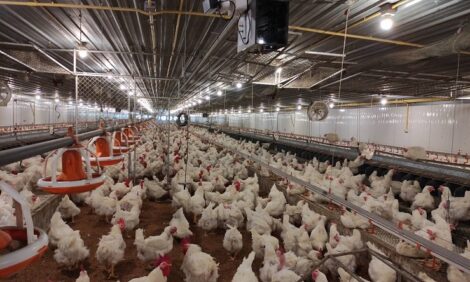



Environmental policy and food production must go hand-in-hand
Farming and the environment must go hand-in-hand and producing quality, home-grown food is critical to the future of the country, the NFU said today.It follows publication this morning of the Government’s 25 year Environmental Plan. Theresa May revealed details of the long-awaited and wide-ranging 150-page strategy during a keynote speech in south-west London.
Farmers manage 70% of the nation’s iconic countryside and take their environmental responsibilities seriously. 10,000 football pitches worth of flower habitat, creating homes for wildlife, have been planted while more than 30,000km of hedgerows have been planted or restored by farmers.
The NFU says farming is in a unique position to deliver for the environment as long as there are productive and viable businesses – where food is at the heart.
NFU Vice President Guy Smith said: “Over the past four decades, farmers have carried out a huge amount of work to encourage wildlife, as well as benefitting the landscape, soil and water and reducing their impact on the climate.
"a holistic approach"
“Farming also offers innovative solutions to wider environmental challenges. For instance the Government’s current concern with plastics highlighted by the BBC’s brilliant Blue Planet series could be met with substituting synthetic plastics with farm produced biodegradable starch-based packaging.
“But there must be a coherent approach. British farming has a unique role in producing a safe, affordable and high quality supply of food as well as protecting, maintaining and enhancing 70% of the nation's iconic countryside.
“That only remains feasible, however, as long as farmers run sustainable and viable businesses. We provide the raw materials for a domestic food industry that employs 3.8m people and which, as the UK’s largest manufacturing sector, generates £112bn in value for the UK economy. This is why we welcomed the Secretary of State’s commitment last week to create a national food policy and his recognition that food is at the heart of viable farming businesses.
“It’s vital therefore that a holistic approach is taken and the environment plan must go hand-in-hand with a future food policy, where measures for protecting and enhancing the environment are joined up with policies to improve productivity and manage volatility to ensure that we have profitable, productive and progressive farm businesses post-Brexit.”
Did you know?
-
Farmers manage 70% of the land in England and Wales
-
Farmers have planted 10,000 football pitches worth of flower habitat, creating homes for bees
-
More than 30,000km of hedgerows have been planted or restored by farmers
-
There were 112 species of birds recorded by nearly 1000 farmers in the 2017 Big Farmland Bird Count
-
More than a third of all farmers have diversified into renewable energy with solar PV, biomass heating and wind power the most popular technologies
As reported by the NFU.









